
The research priorities of iFMS include NATO’s northern flank, the Baltic Sea region, and the Indo-Pacific. They also encompass critical areas such as critical infrastructure, digitalization, and resilience in the maritime domain.
iFMS conducts research projects and collaborations with the Federal Ministry of Defence (BMVg), the German Armed Forces and their branches, as well as other ministries, external institutions, and international partners.
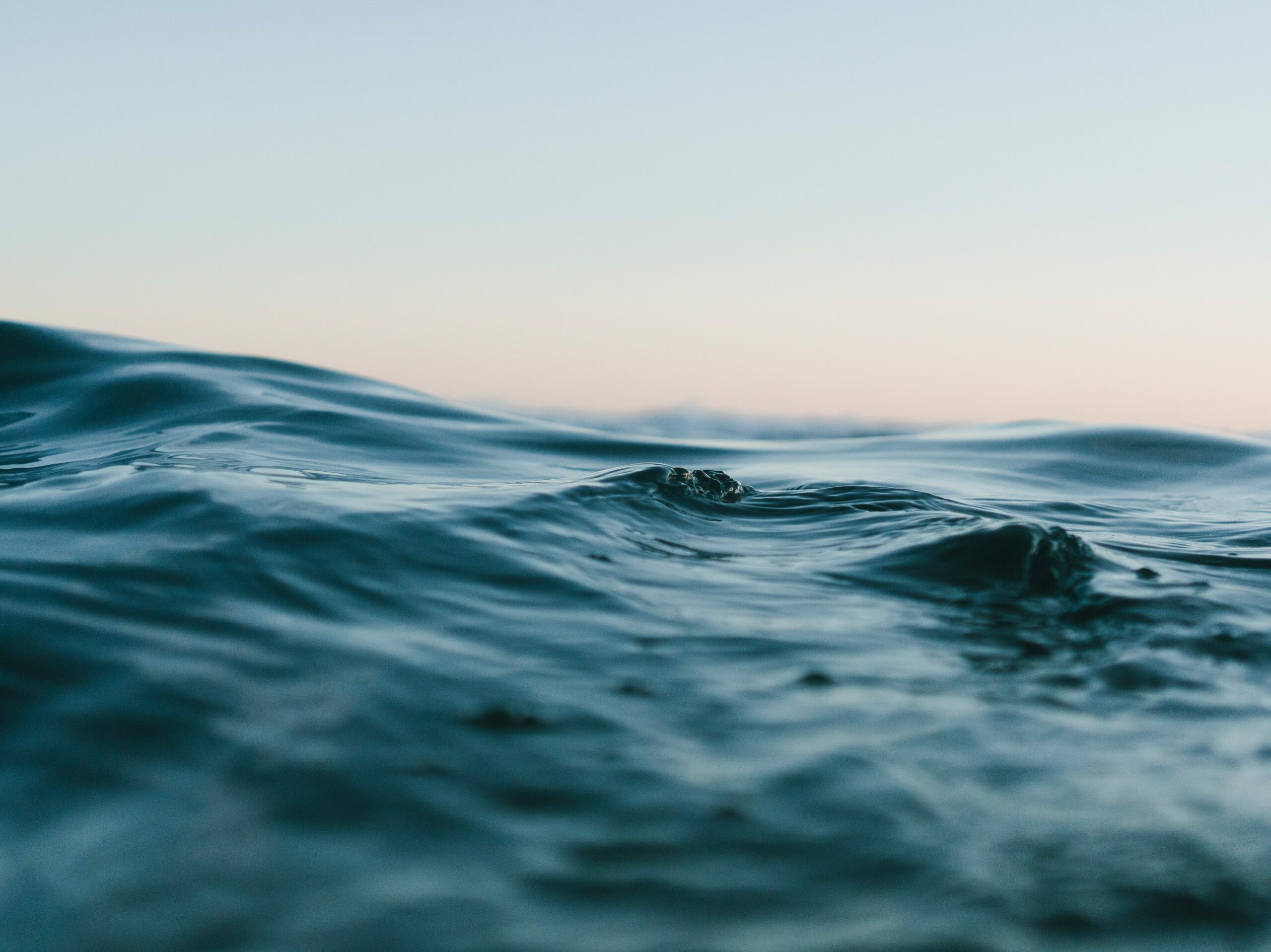
The Maritime Spaces of Northern Europe
The maritime areas of Northern Europe, including the Baltic Sea, the North Sea, and the North Atlantic, hold significant importance for maritime strategy and security. These regions serve as essential sea routes for littoral states and collectively form NATO’s strategically vital “northern flank.” Julian Pawlak analyzes maritime-strategic approaches of actors in the “northern flank,” highlighting coherence and divergence in their security policy developments.
Recommended Publication:
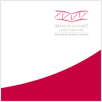
Pawlak, Julian (2022): Collective Defence and Bastion. The Strategic Importance of NATO´s North Flank, #GIDSresearch 1/2022, Hamburg.
Indonesia (Indo-Pacific)
A Memorandum of Understanding (MoU) established a long-term cooperation agreement in December 2019 between the Helmut Schmidt University / University of the Bundeswehr Hamburg and the Indonesian Defence University (IDU), Sentul Bogor.
Initially set for three years, the cooperation aims to strengthen academic collaboration on maritime security, facilitating research stays for guest scholars at both universities. A long-term goal is to establish regular exchanges of doctoral candidates between HSU and IDU. Dr. Deniz Kocak coordinates the project at HSU.
Recommended Publication:

Kocak, Deniz (2023): Wie kann sich die Europäische Union in der indo-pazifischen Region engagieren?, #GIDSstatement 4/2023, Hamburg.

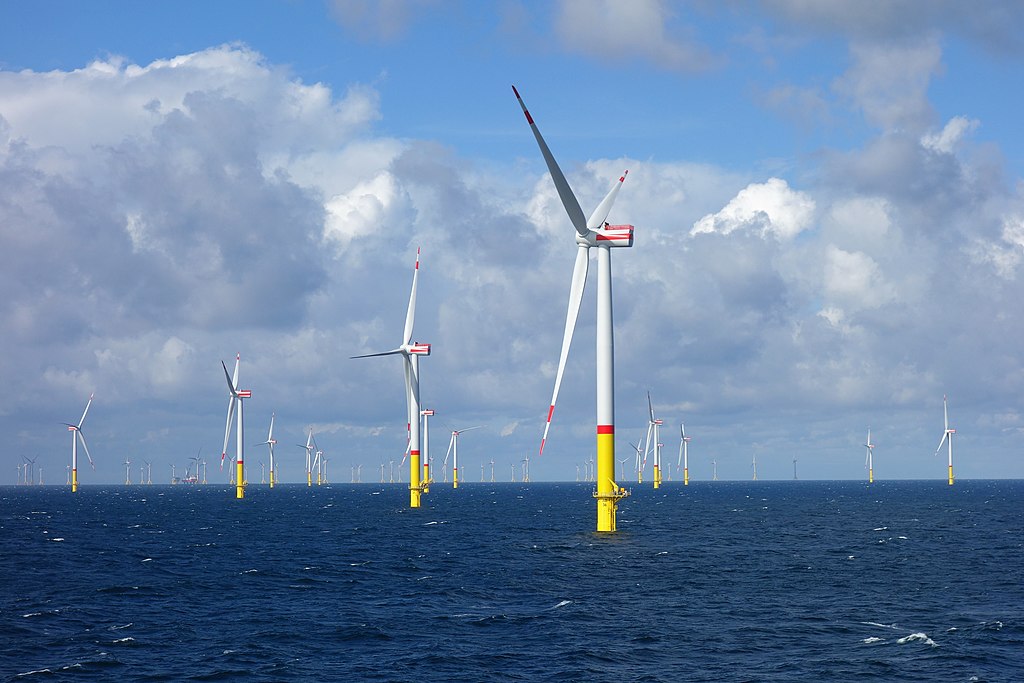
Protecting Maritime Critical Infrastructures
Germany and the political West face the challenge of safeguarding maritime critical infrastructures (CRITIS) against attacks. Solutions lie in building resilience, ensuring redundancies, and fostering cooperation among various stakeholders, including for effective monitoring and presence. This encompasses not just technical approaches but also security policy and maritime-strategic solutions that need to be identified and developed.
Recommended Publication:

Pawlak, Julian (2023): Der Schutz maritimer Kritischer Infrastrukturen und das Konzept der Abschreckung, SIRIUS 2/2023, 160-166.
Spatial Use in Maritime Areas
In Germany’s Exclusive Economic Zone (EEZ), competing demands for maritime space, including security and defense, environmental protection, energy generation, fishing, and shipping, must be reconciled. iFMS collaborates with project partners to analyze multi-use spatial options for optimal utilization of limited maritime areas.

Maritime Security in Times of Global Strategic Change (MS/SW)
This research project, led by Deniz Kocak and Julian Pawlak, examines maritime security within the context of ongoing global strategic shifts. It focuses on current threats like piracy and illegal, unreported, and unregulated (IUU) fishing and their impacts on seas, coasts, and key choke points.
The project evaluates solutions, including maritime security sector reform (MSSR) and national, regional, and multinational cooperation mechanisms. By critically analyzing existing governance structures, it identifies new options for policymakers, contributing to the security policy debate and offering actionable recommendations for effective maritime security strategies.
Completed Projects
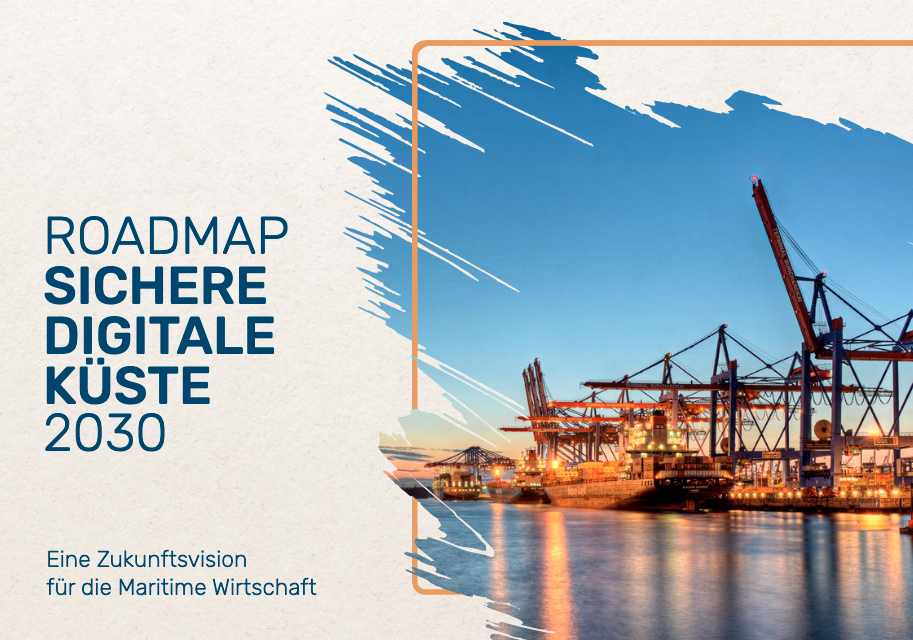
“Roadmap for a Secure Digital Coast 2030”
Funded by the German Federal Ministry for Economic Affairs and Energy, this project was conducted from 2020 to 2021 by Fraunhofer FKIE, the OFFIS Institute for Computer Science, and HSU. It aimed to provide policy recommendations to support the development goals of Germany’s maritime economy through digitalization, resulting in the “Roadmap for a Secure Digital Coast 2030.”
Related Publication:

Baltic Sea Security Initiative (BSSI)
The Baltic Sea Security Initiative gathers experts from the Baltic Sea region to address security challenges, fostering recommendations to enhance subregional defense cooperation and strategic cohesion.
Events organized by the Baltic Security Foundation covered topics such as defense, deterrence, and resilience in Berlin (October 23, 2019), Lublin (January 31, 2020), and Helsinki (December 3, 2020, online). The results were published by the Jamestown Foundation in early 2021.
Related Publication:

Friede, Alexandra (2021): „Overcoming Different (In)Security Perceptions”, in: Nikers, Olevs / Tabuns, Otto (Hg.) “Baltic Sea Security. Regional and Sectoral Perspectives”, Jamestown Foundation, Washington DC.
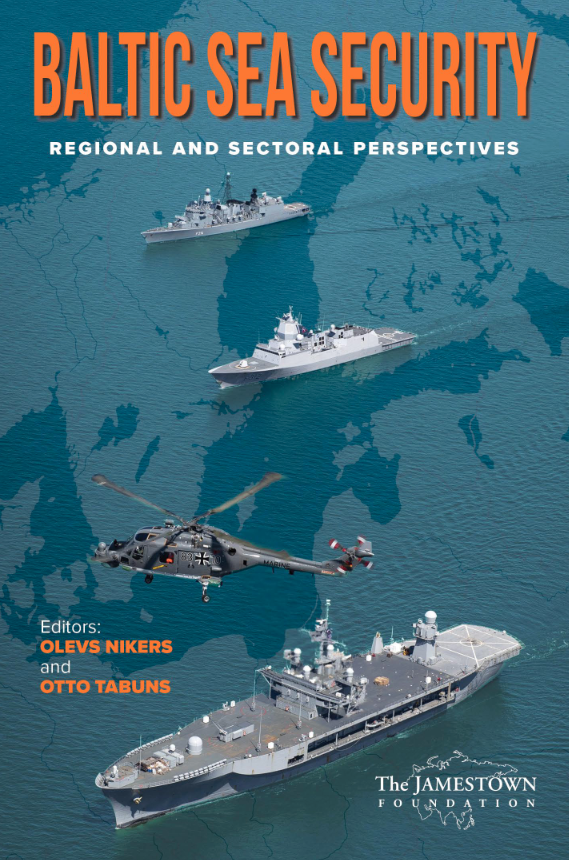
Project and Cooperation Partners
Current and former partners include organizations involved in joint projects, events, and collaborations. (Added soon)
Contact us: iFMS@hsu-hh.de
Letzte Änderung: 28. January 2025